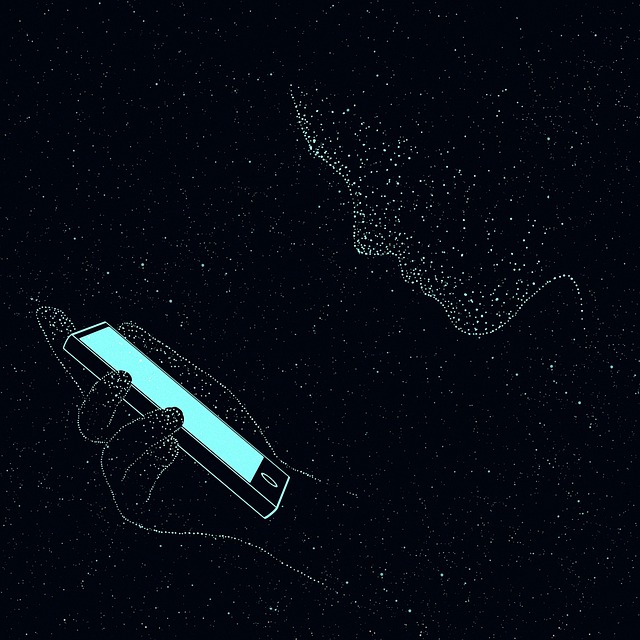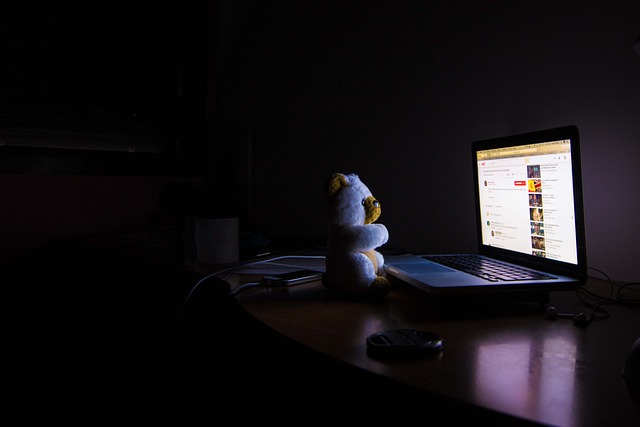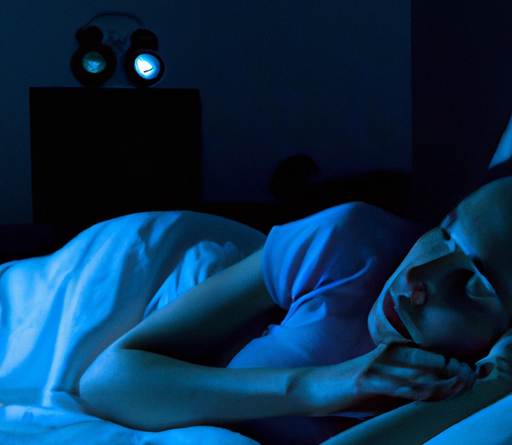
Are you tossing and turning at night, wondering how you can deal with the stress or anxiety that’s causing your insomnia? It’s a well-known fact that stress and anxiety are among the leading causes of sleep disorders, and unfortunately, this issue continues to affect a great number of people like you. In this piece, you’ll get to understand insomnia better, its causes and what effective methods you can employ to manage it.
Table of Contents
Anxiety, Stress and Insomnia
Insomnia is essentially a sleep disorder that makes it difficult for one to fall asleep, stay asleep, or both. Its common triggers are stress and anxiety, which create a vicious cycle. It’s crucial for you to break this cycle and there’s good news – there are ways to do it. You’ll learn more about these methods as you delve deeper into this article.
Stress, anxiety, and insomnia have one thing in common – they permeate almost every aspect of your life, making it challenging for you to function optimally. Fret not, there are many strategies you can use to manage these problems. From professional help like therapy and medication to self-care practices such as meditation, exercise, and good sleep hygiene, there’s a wide array of options that’ll work to your advantage.
By the end of this piece, you’ll not only have a better understanding of these problems but also practical and useful tips to deal with them. Remember, by taking one day at a time and incorporating these life-ranging strategies into your daily routine, your path to a stress-free life and better sleep is closer than you think. Let’s jump right into it, shall we?

Understanding Insomnia
Hello there! In this discussion, let’s first understand what insomnia really is.
The basic definition of insomnia
Insomnia is a sleep disorder characterized by persistent difficulty in falling asleep or staying asleep. Or in layman’s terms, it’s struggling to drift off to dreamland at night and long, sleepless hours spent under the covers, with your thoughts racing like crazy.
Different types of insomnia
Different types of insomnia exist: acute insomnia (short-term), chronic insomnia (long-term), onset insomnia (trouble falling asleep), and maintenance insomnia (issue remaining asleep).
Common symptoms of insomnia
Typical symptoms include waking up during the night, waking up too early, feeling tired after a night’s sleep, and subsequent difficulties during daytime such as fatigue, and concentration problems.
The impact of insomnia on everyday life
The impact on everyday life can be profound – affecting performance at work or at school, increasing the risk of errors or accidents, and decreasing the quality of life overall.
Pinpointing the Cause
Unraveling the mystery behind those sleepless nights can often feel like detective work.
The correlation between stress and insomnia
Stress is a common culprit behind insomnia. Why? Because it keeps your mind humming at night, squashing your efforts to sleep.
The relationship between anxiety and insomnia
Anxiety and insomnia often travel together. Anxiety produces arousal, which can disrupt the calm needed for conducive sleep.
Other potential contributors to insomnia
Other factors include depression, medication, health conditions, lack of a regular sleep schedule, poor sleep hygiene, or intake of caffeine, nicotine or alcohol.
The interplay of physical and mental health issues with insomnia
Anxiety, depression, or physical health conditions such as chronic pain, can all contribute to insomnia, creating a complicated interplay of mental and physical disruptions.
Analysing the Impact of Anxiety on Sleep
Let’s delve deeper into how anxiety impacts your sleep.
Anxiety-induced sleep patterns
Anxiety can cause hyperarousal, which changes the balance between sleep and wakefulness, leading to dreadful nights and lethargic days.
Vicious cycle of anxiety and insomnia
Anxiety causes insomnia, and lack of sleep can cause anxiety. This vicious circle can turn occasional insomnia into a chronic issue.
Understanding anxiety disorders and sleep disturbances
Certain anxiety disorders can bring on sleep disturbances, such as nightmares or night sweats.
Exploring the Role of Stress in Insomnia
Next, let’s understand the role stress plays in insomnia.
How stress disrupts sleep schedule
Stress generates an exaggerated arousal response, which can result in disturbed sleep.
Impact of chronic stress on sleep
Chronic stress not only results in long-term insomnia, but it also invariably affects the sleep quality.
Stress-related disorders potentially causing insomnia
Certain stress-related disorders like PTSD can severely disrupt sleep, leading to insomnia.

A Look at Stress and Anxiety Management Techniques
Fortunately, there are techniques which can help manage stress and anxiety, and improve sleep.
Overview of Cognitive Behavioral Therapy (CBT)
CBT for insomnia (CBT-I) involves habits and strategies to promote better sleep, making it a recommended line of treatment.
Role of medication in managing anxiety and stress
Medication can ease symptoms of anxiety and depression, facilitating better sleep. Nonetheless, it is advisable to consult a doctor.
Self-help stress management techniques
Techniques such as mindfulness, yoga, relaxation techniques, and deep breathing can help manage stress.
Utilizing support groups for anxiety
Support groups can provide emotional support and shared coping strategies.
Lifestyle Changes to Improve Sleep
Simple tweaks in your lifestyle can also dramatically improve your sleep.
Importance of maintaining a regular sleep schedule
Maintaining a regular sleep schedule even on weekends can regulate your internal clock and improve your sleep.
Exercise and insomnia
Regular physical activity can help you fall asleep faster and also promotes deep sleep.
Diet changes to promote better sleep
Cutting back on caffeine or big meals before bed can make a significant difference.
The role of relaxation techniques in promoting sleep
Techniques such as progressive muscle relaxation, meditation or yoga can help relax your body and mind, priming you for sleep.

Professional Help for Insomnia
If self-help strategies aren’t working, it’s okay to seek professional help.
When to seek medical help for insomnia
If insomnia is causing major distress or affecting your quality of life, seeking professional help is warranted.
Types of professionals that can help with insomnia
Sleep specialists, therapists, psychologists, hypnotists or psychiatrists can all aid in treating insomnia.
Available treatments for insomnia
Treatments range from Cognitive Behavioral Therapy (CBT-I), medication, to alternative therapies like relaxation exercises or hypnosis.
Real-life Stories of Overcoming Insomnia
Compelling personal narratives offer real-life insights and hope.
Case studies: Anxiety, stress and insomnia
Numerous case studies illustrate that managing anxiety and stress can alleviate insomnia.
Personal experiences in managing insomnia
Reading personal experiences of overcoming insomnia can be uplifting and serve as a blueprint to handle your struggle.

Future Research in Insomnia, Stress and Anxiety
Emerging research offers a ray of hope.
Current areas of interest in insomnia research
Current research is focused on understanding the root causes of insomnia and exploring new treatment strategies.
Future potential treatments for insomnia
From innovative therapeutic approaches to advancements in medication, future treatments for insomnia look promising.
Understanding the long-term outcomes for people with insomnia
Long-term studies help understand the impact of insomnia and aid in designing effective interventions.
Conclusion
Reflecting on the complex relationship between stress, anxiety and insomnia
Insomnia, stress, and anxiety often feed off each other, creating a complex dynamic that requires comprehensive handling.
The importance of individually tailored approaches in managing insomnia
There isn’t one-size-fits-all solution. The treatment must be as unique as the individual grappling with insomnia.
End note: Hope for individuals suffering with ongoing insomnia
Remember, with the right support and strategies, you can see the back of insomnia, and finally get that good night’s sleep you really deserve. Stay hopeful and resilient in your fight against insomnia.





